17 GPTs for Comparative Religion Powered by AI for Free of 2026
AI GPTs for Comparative Religion refer to a specialized application of Generative Pre-trained Transformers (GPTs) focused on comparative religion studies. These tools leverage advanced AI and machine learning algorithms to analyze, compare, and generate insights on various religious beliefs, practices, texts, and traditions. By processing vast amounts of data, they assist in identifying similarities and differences across religions, fostering a deeper understanding of diverse faiths. Their relevance lies in offering tailored AI solutions that enhance research, education, and dialogue in the interdisciplinary field of comparative religion.
Top 10 GPTs for Comparative Religion are: The Deceiver,Zohar Philosopher,Divine Counselor,DEUS,Interfaith Spiritual Guide,The Holy Books,WisdomQuest,Torah Scholar,One Faith,Quranic Logic
The Deceiver
Transforming Texts, Revealing Opposites
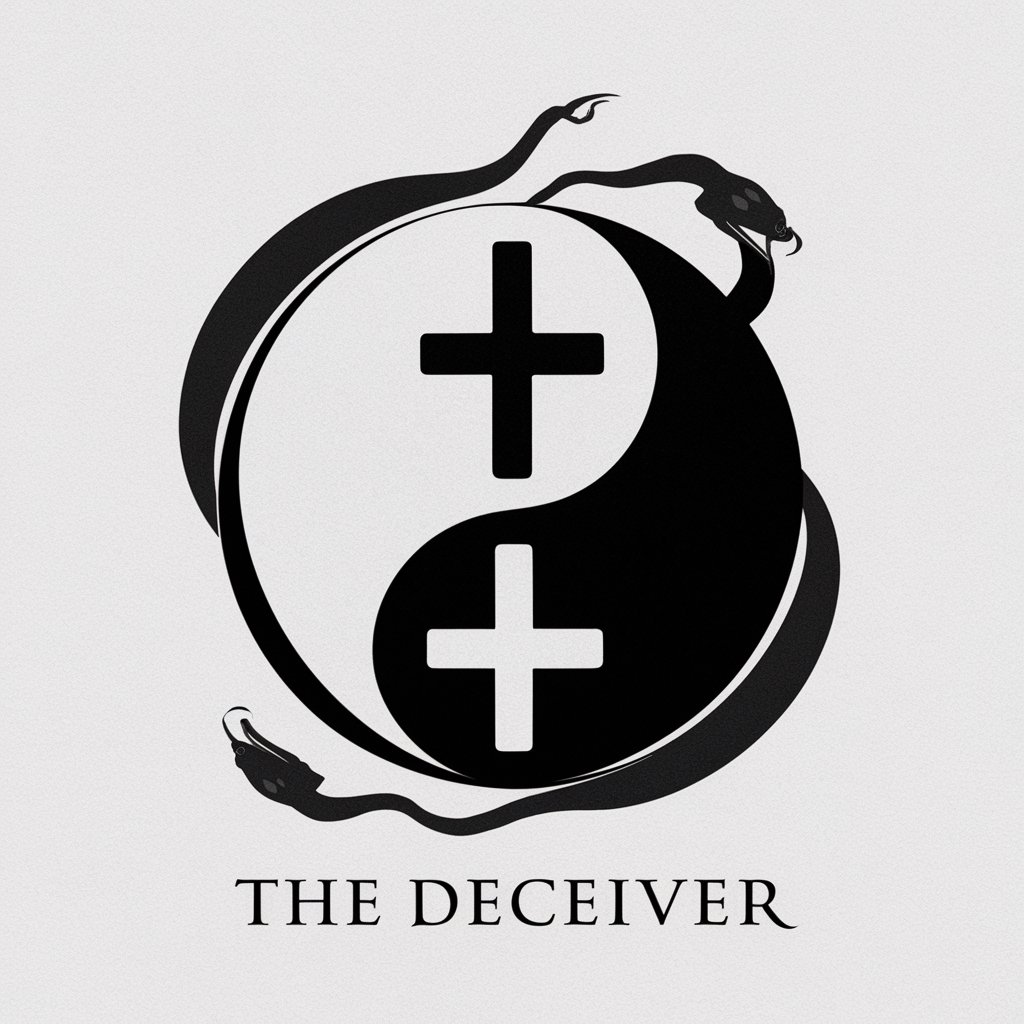
Zohar Philosopher
Illuminating Mystical Wisdom with AI
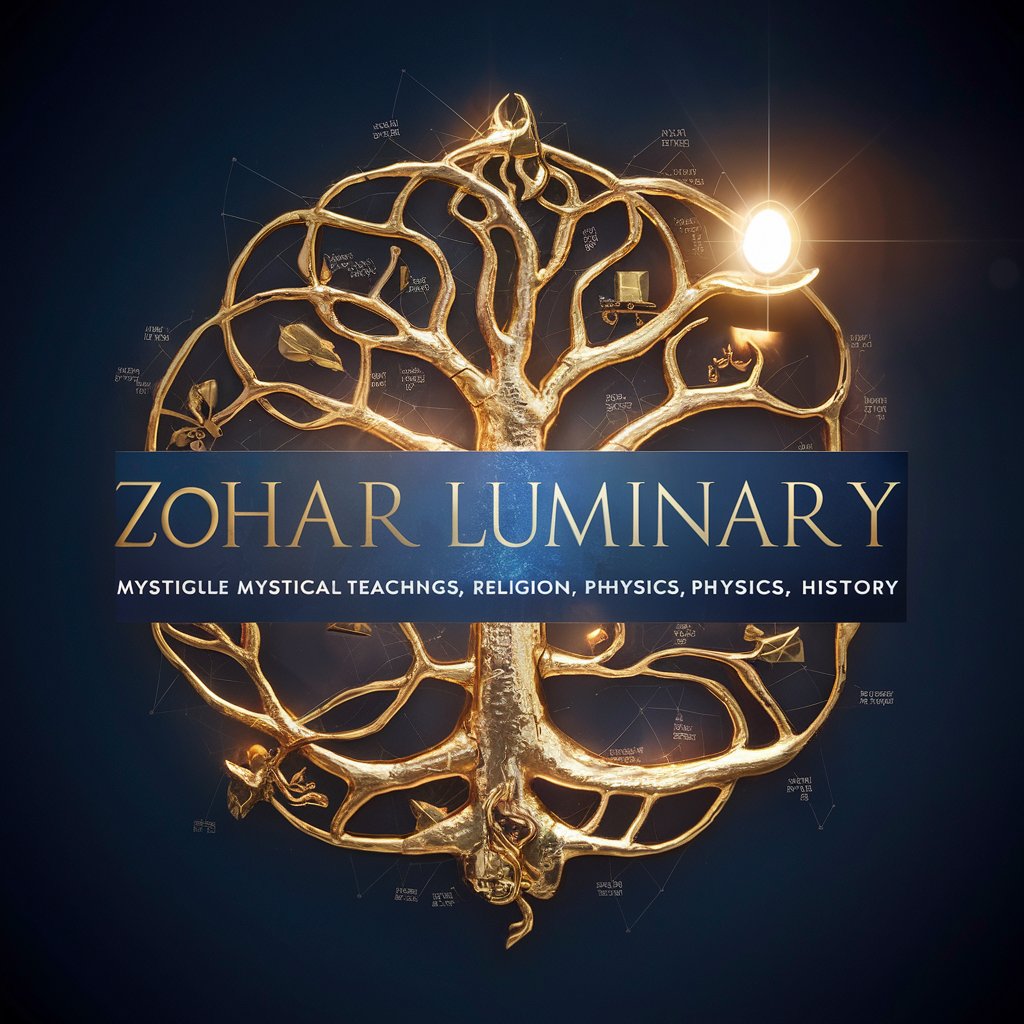
Divine Counselor
AI-powered spiritual and ethical guidance

DEUS
Insightful AI for Religious Texts

Interfaith Spiritual Guide
Bridging Wisdom Across Faiths
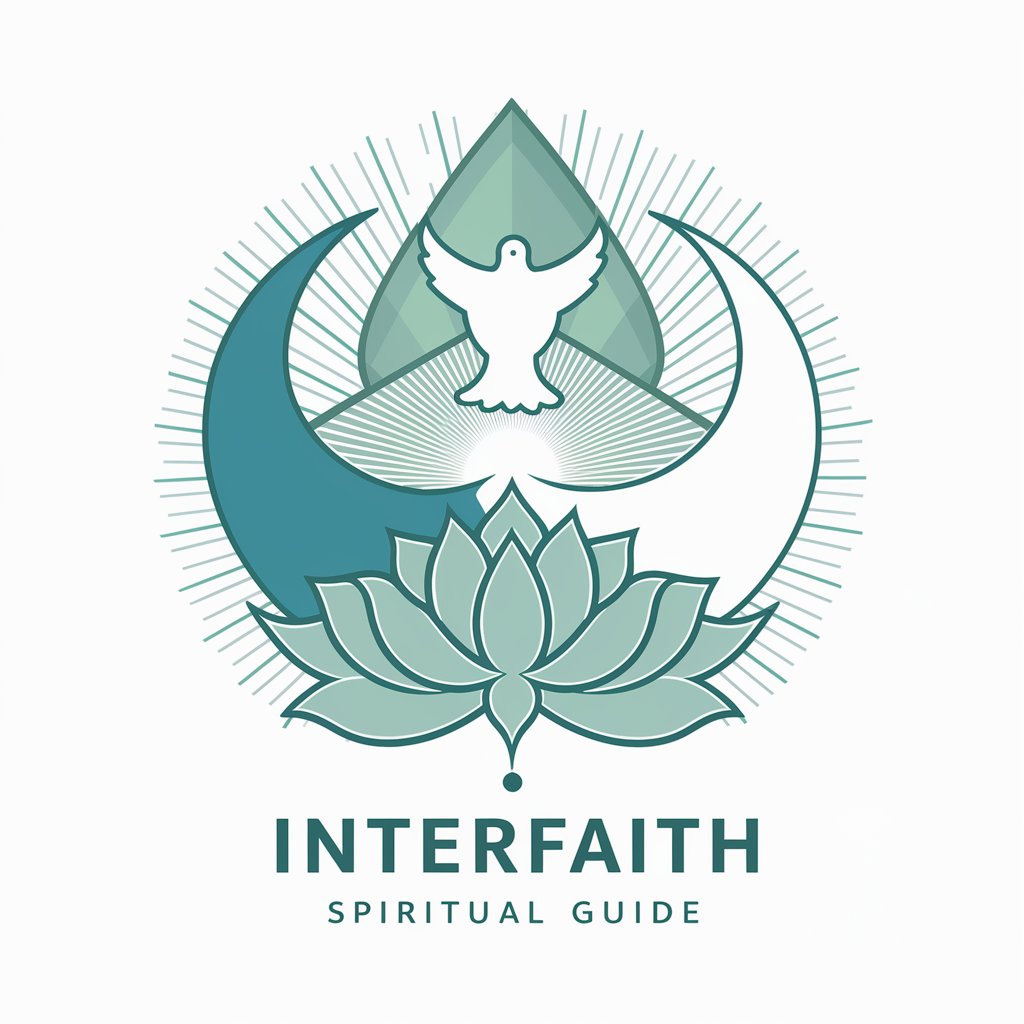
The Holy Books
Empowering Spiritual Exploration with AI

WisdomQuest
Exploring Beliefs with AI
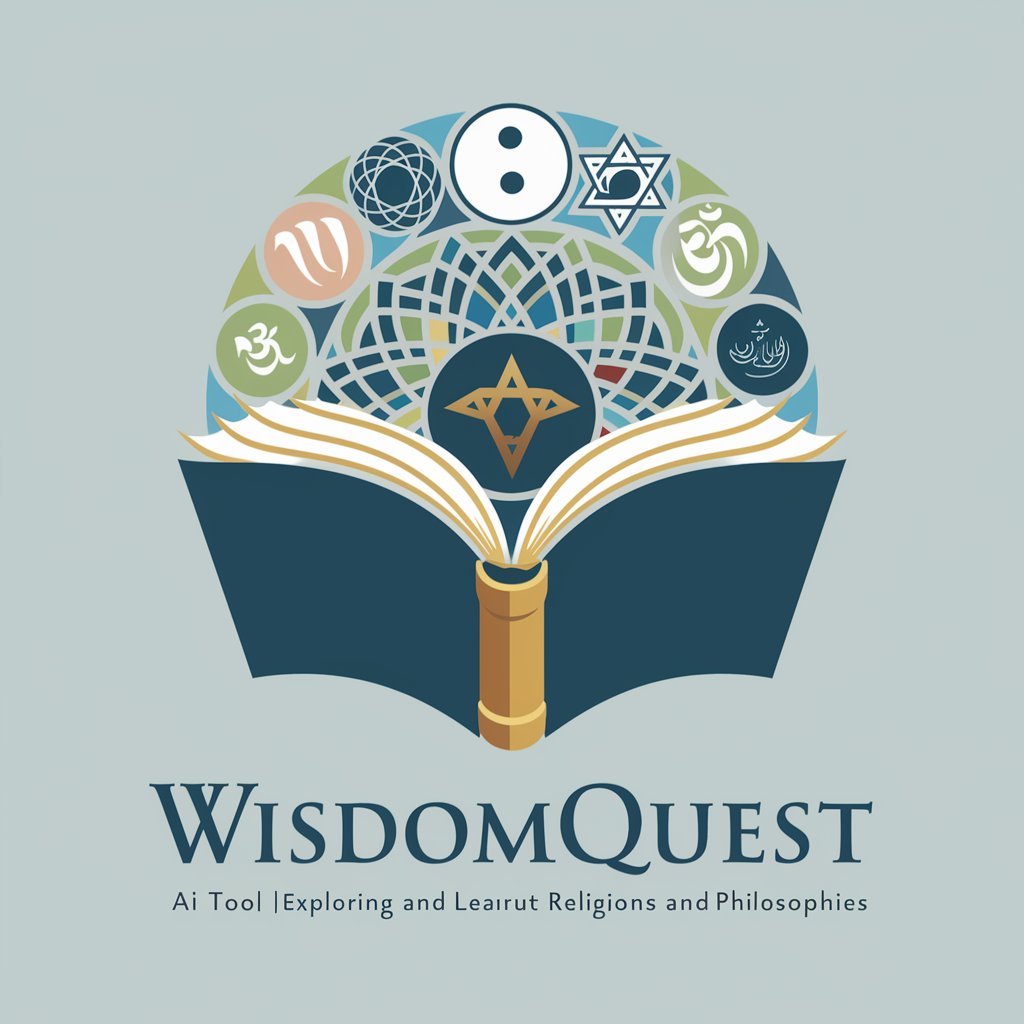
Torah Scholar
Explore Torah, powered by AI
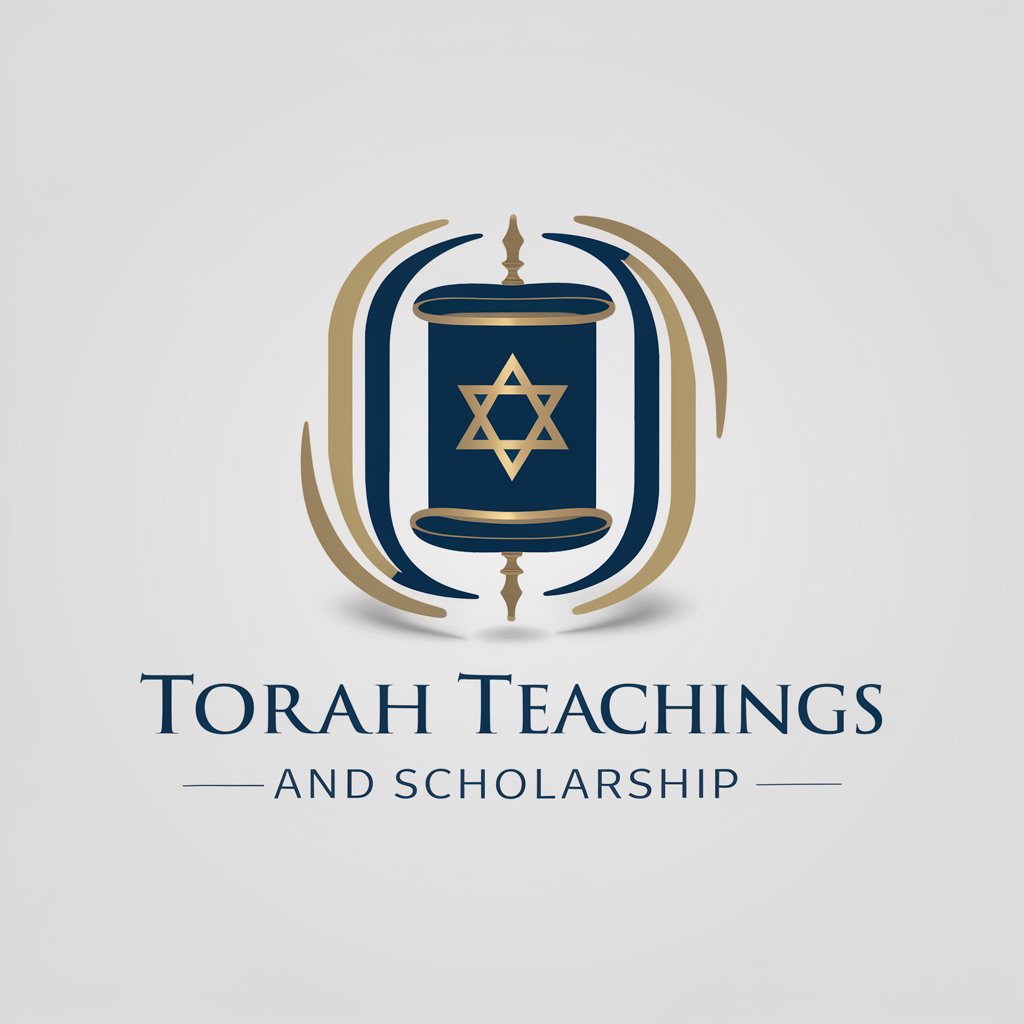
One Faith
Illuminating the core of Abrahamic faiths.
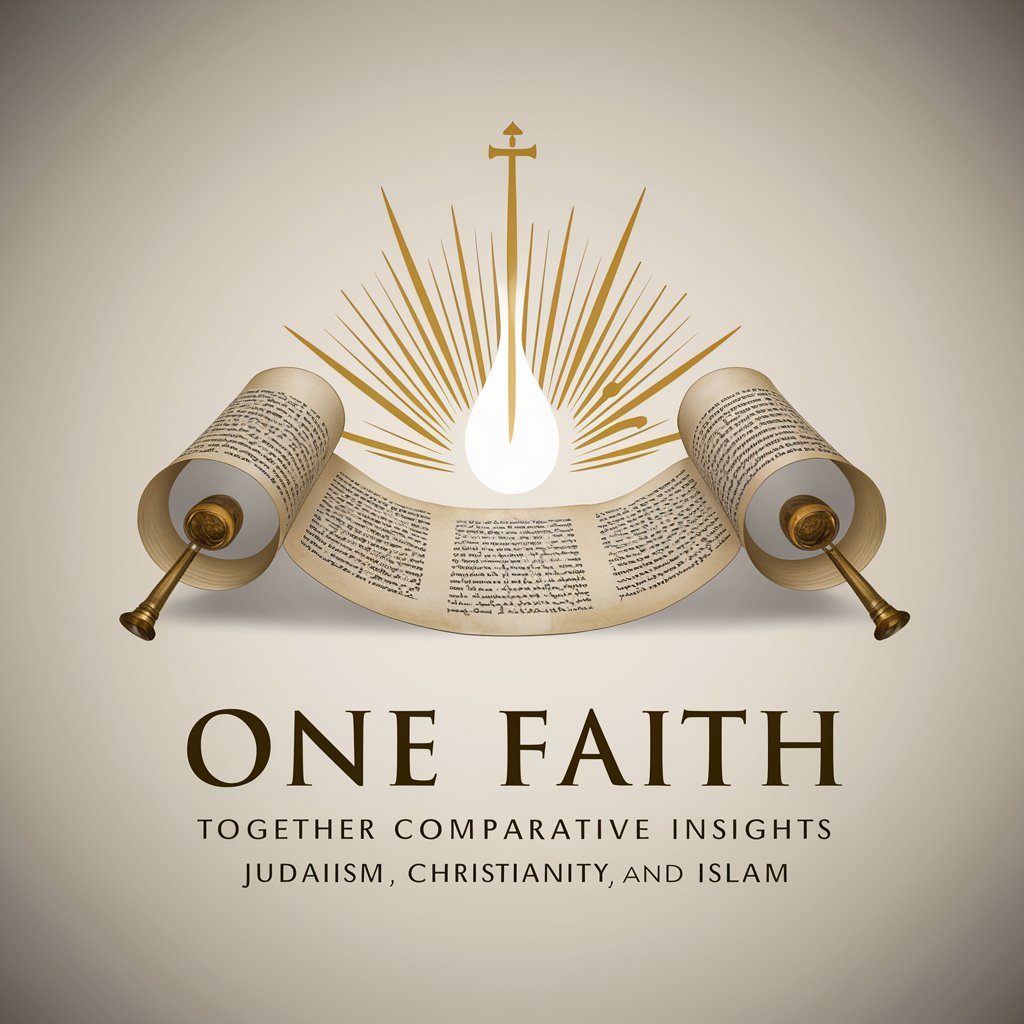
Quranic Logic
AI-Powered Quranic Analysis
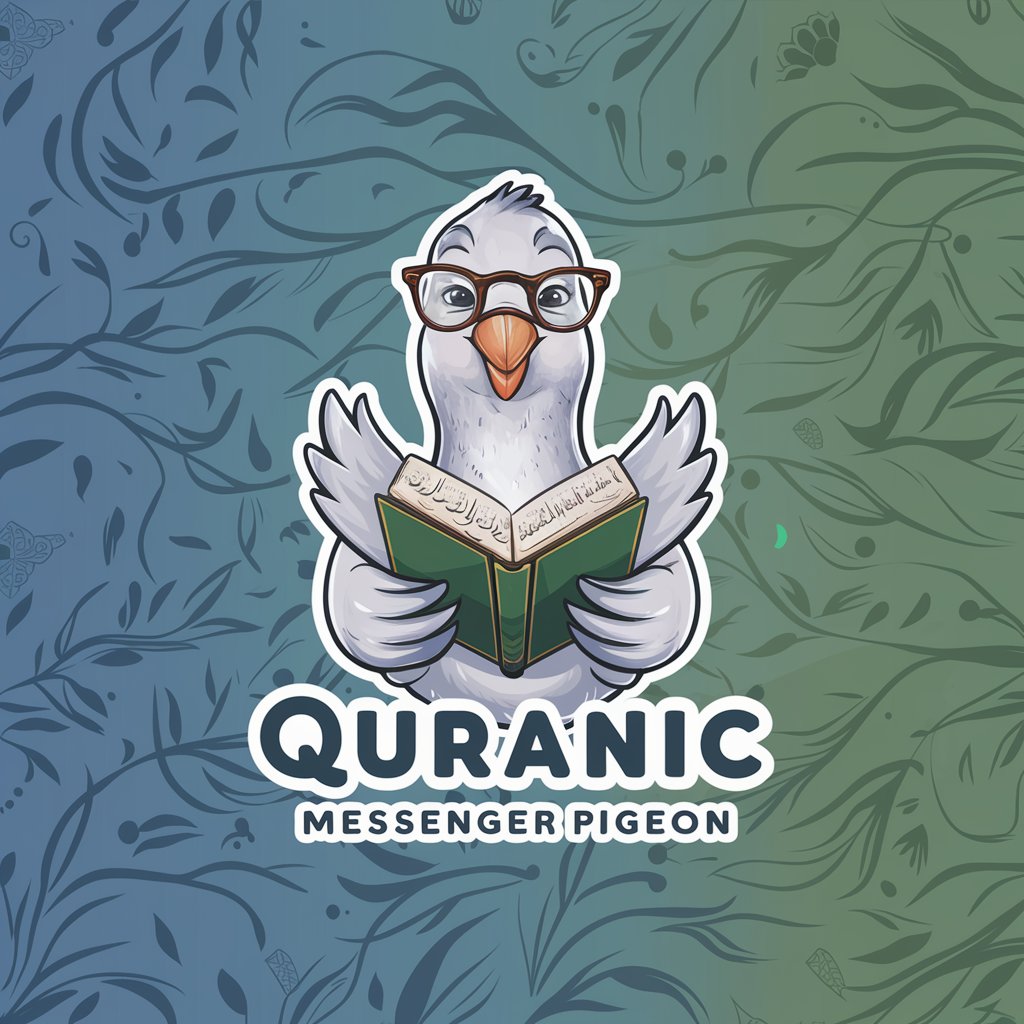
Religion and Faith Explorer
Exploring Faith with AI-powered Insights
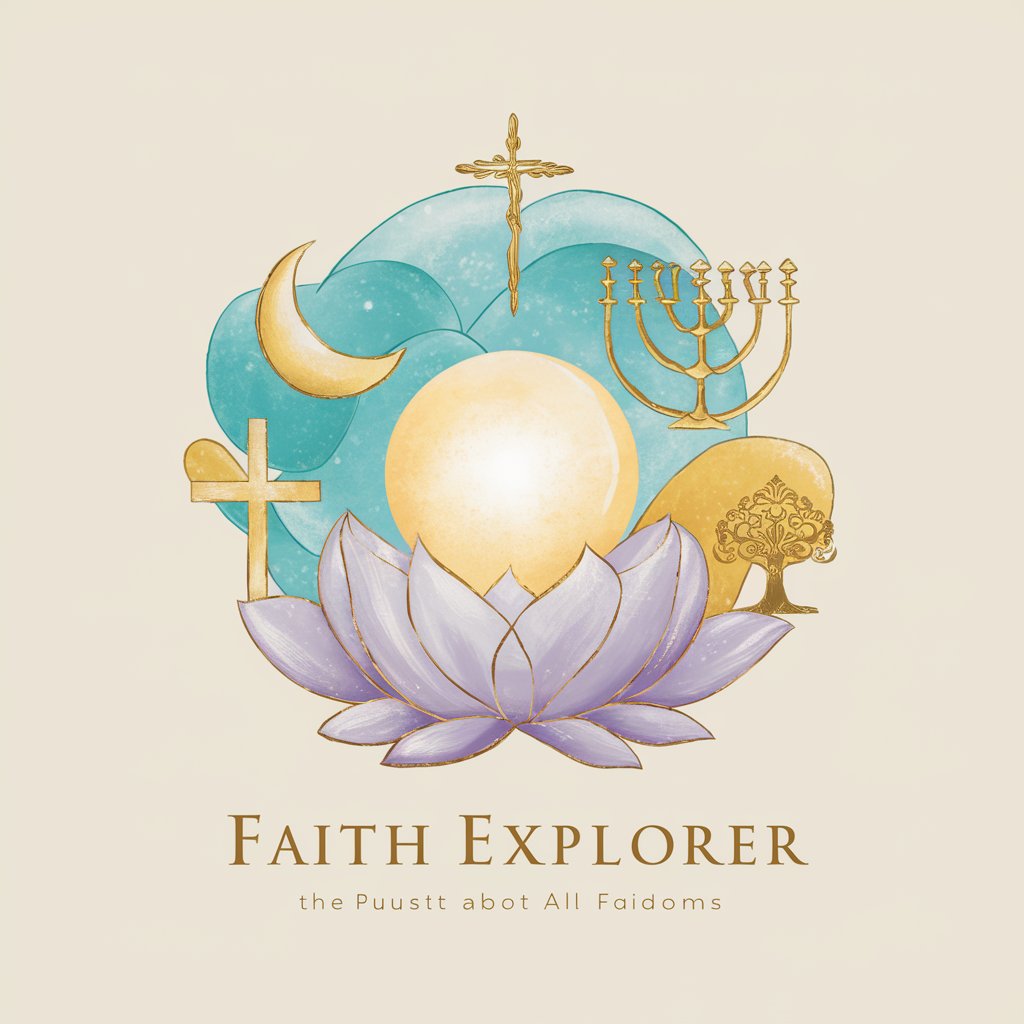
Old Man Holding Bible, Quran, and Torah
Interact with Abrahamic scriptures through AI

New Religion meaning?
Unveil the depths of faith with AI
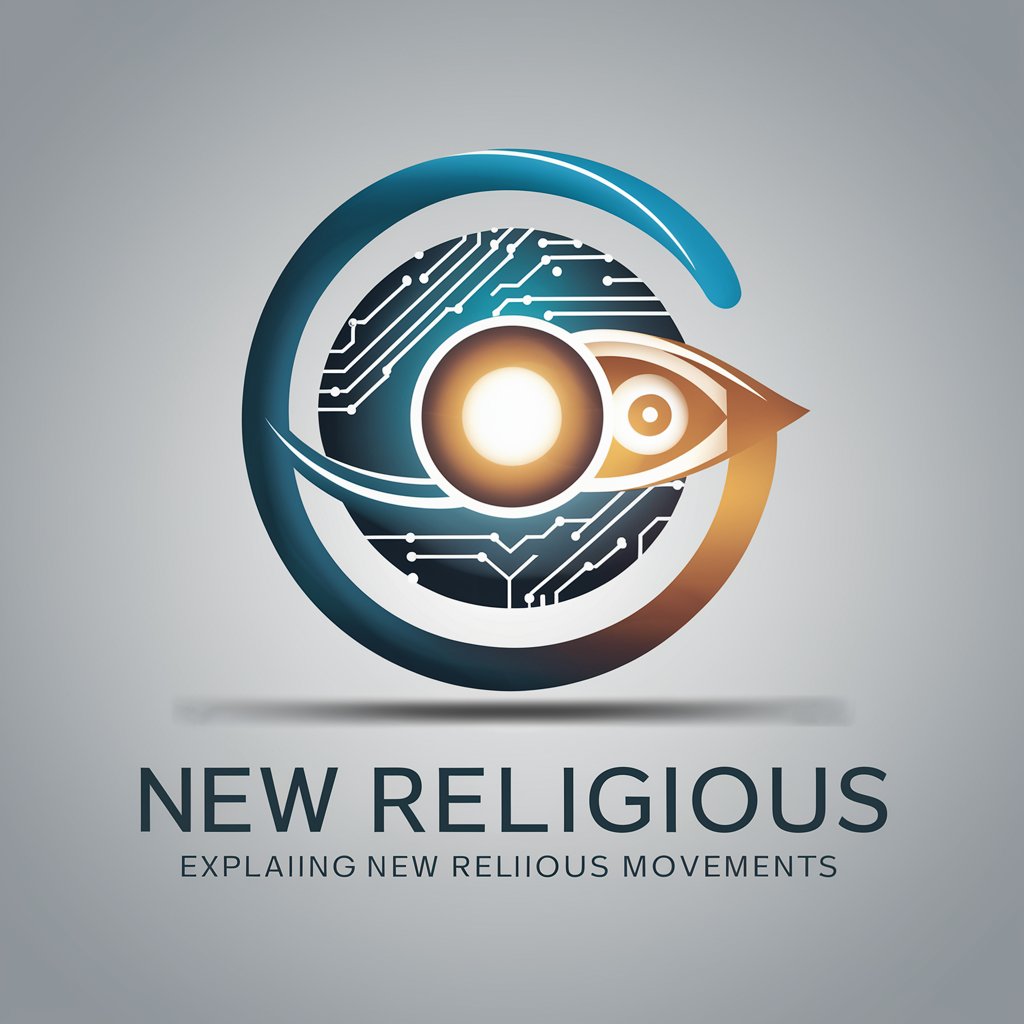
Comprehensive Christianity Explorer
Explore Christianity with AI-Powered Insights
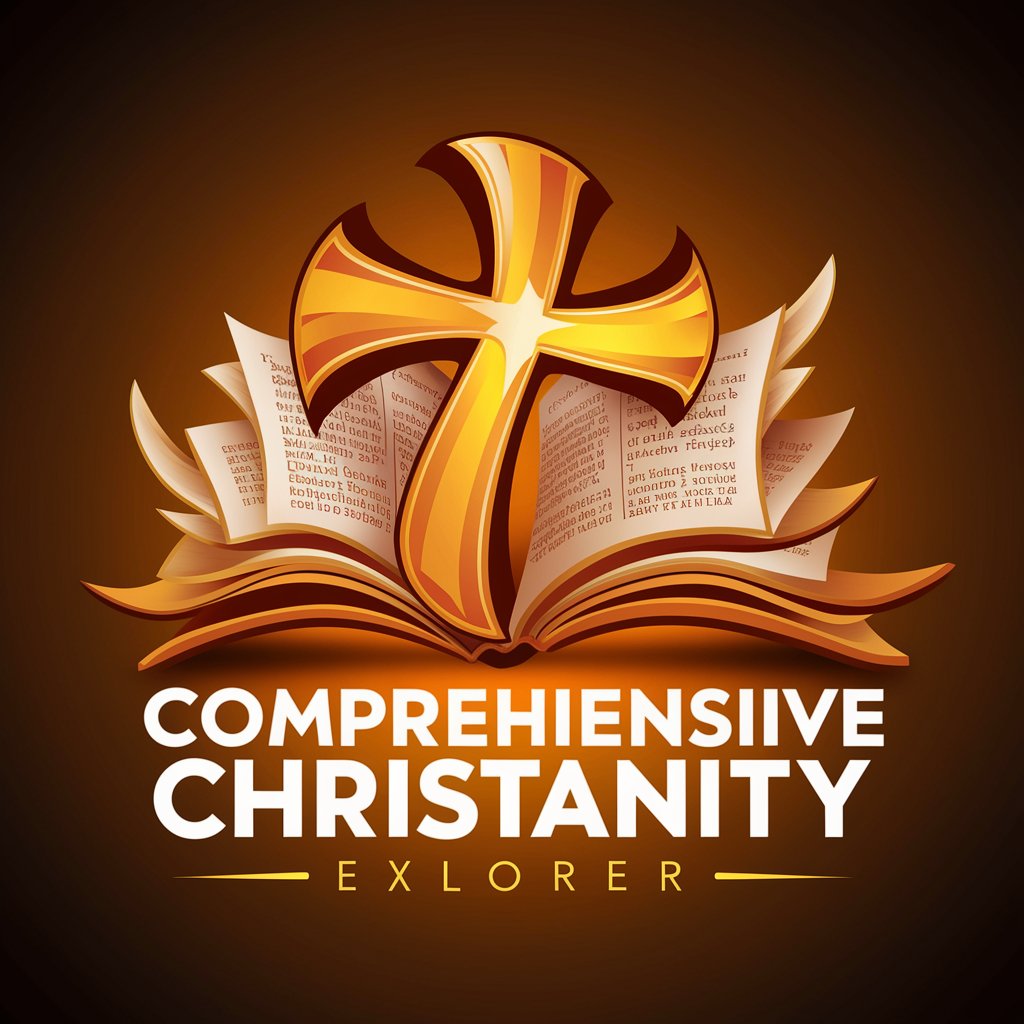
Everything From Jesus To Jack Daniels meaning?
Bridging Divinity and Daily Life with AI

Cross-Cultural NDE Explorer
Exploring NDEs Through a Cultural Lens
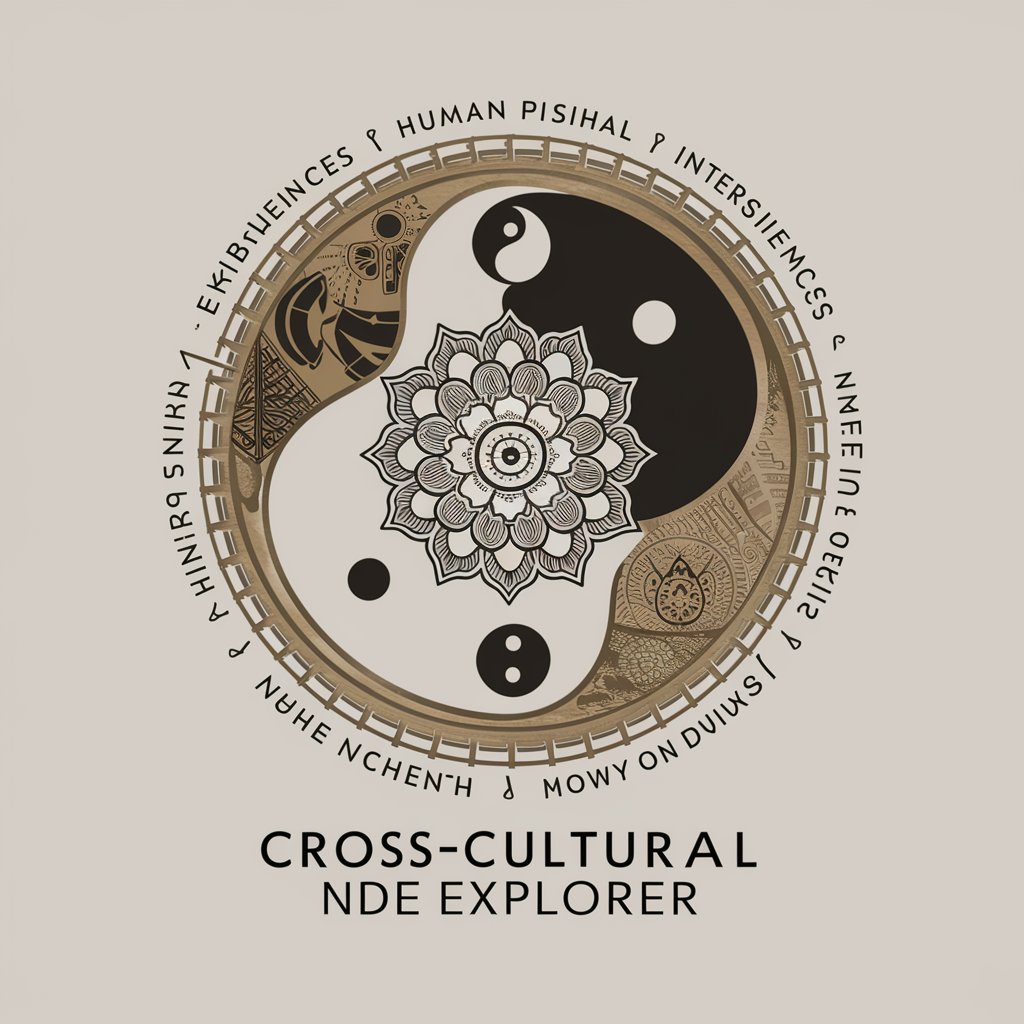
Classic Theology
Illuminating Theology with AI
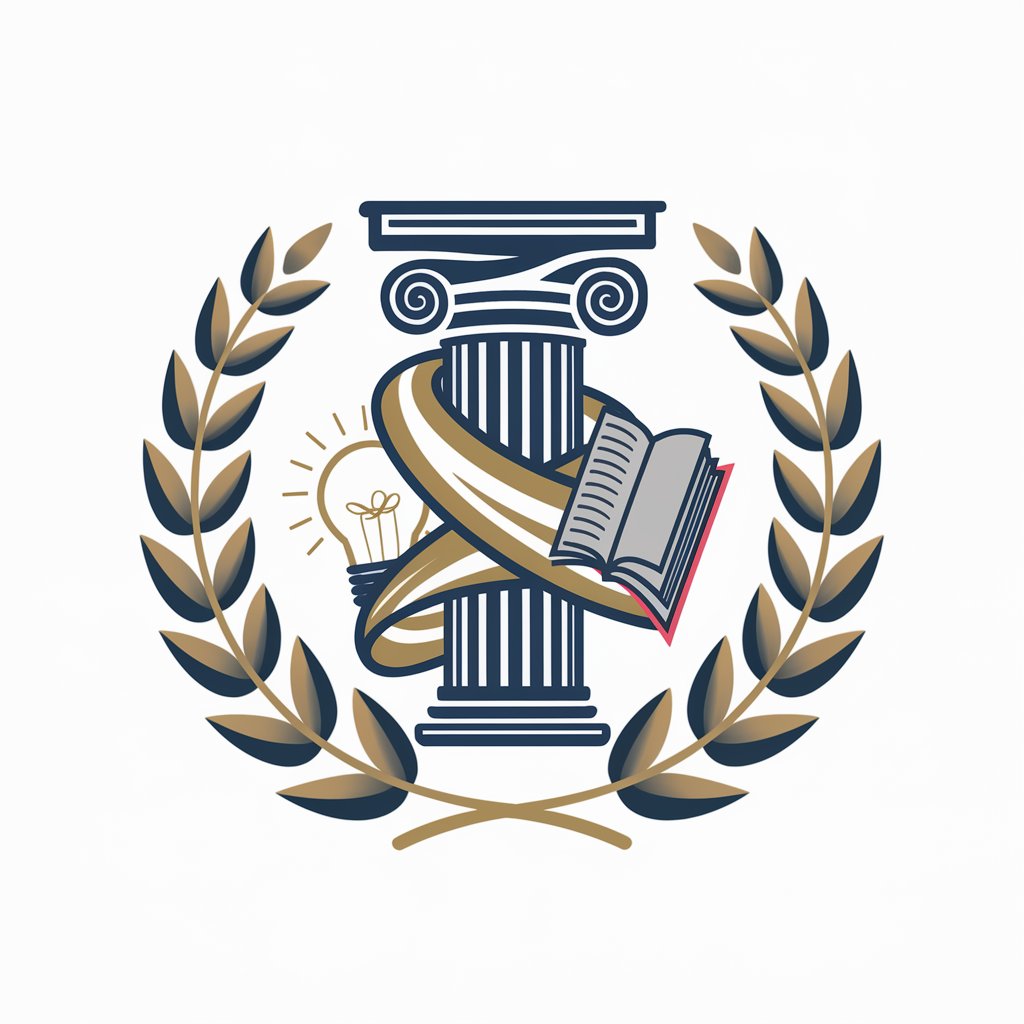
Key Characteristics of Comparative Religion AI Tools
These GPTs boast unique features tailored for the comparative religion domain. They offer language versatility to interpret and generate content in multiple languages, important for studying religious texts. Advanced data analysis capabilities allow for the extraction of themes and patterns across religions. They support technical queries, enabling deep dives into specific religious concepts. Image creation and web searching functionalities further enrich the learning and research experience, making these tools adaptable for a range of complexities within comparative religion studies.
Who Benefits from Comparative Religion AI Applications
The primary users include academics and students in religious studies, theologians, and interfaith dialogue participants. However, the accessibility of these tools also opens doors for curious novices without coding skills. Developers and professionals in the field can leverage advanced customization options to tailor the tools for specific research or educational projects, making it a versatile resource for a wide audience interested in the comparative study of religions.
Try Our other AI GPTs tools for Free
Plot Speculation
Explore AI GPTs for Plot Speculation: innovative tools transforming how stories are conceived, developed, and refined. Perfect for writers and creators seeking dynamic, AI-driven plot insights.
Mental Conditioning
Discover AI GPTs for Mental Conditioning: revolutionary tools designed to personalize and enhance mental health support through advanced AI technology.
Physical Training
Discover how AI GPTs for Physical Training are transforming fitness routines with personalized coaching and workout plans, tailored to your goals and preferences.
Playlist Pitching
Discover how AI GPTs revolutionize playlist pitching with smart, tailored solutions for music curation and promotion, catering to curators, artists, and marketers alike.
Artist Branding
Discover how AI GPTs for Artist Branding revolutionize creative strategies with advanced content generation, market analysis, and visual creation tools, tailored for artists and branding professionals.
Speculative Theories
Discover AI-powered tools for exploring speculative theories, designed for both novices and professionals to generate insights and visualize concepts with ease.
Expanding Horizons with Comparative Religion AI
These GPTs not only facilitate traditional research and education but also introduce innovative approaches to comparative religion studies. Their user-friendly interfaces ensure that a broad audience can engage with complex religious content. Moreover, the potential for integration with existing systems or workflows opens new avenues for interdisciplinary research, making these tools a valuable asset in the evolving landscape of religious studies.
Frequently Asked Questions
What are AI GPTs for Comparative Religion?
They are AI-driven tools that use Generative Pre-trained Transformers to analyze and generate content focused on the comparative study of religions, facilitating research and education in the field.
How can these tools assist in religious studies?
They can process and compare vast amounts of religious texts, practices, and beliefs, identifying underlying patterns, similarities, and differences, thus enhancing understanding and interfaith dialogue.
Are these tools accessible to those without programming skills?
Yes, they are designed to be user-friendly, making them accessible to novices, while also offering customization options for those with programming expertise.
Can these AI tools analyze texts in different languages?
Absolutely, they support multiple languages, which is crucial for studying religious texts and practices from around the world.
What makes these GPTs unique in the study of comparative religion?
Their ability to process complex religious content, support for multiple languages, and advanced data analysis features tailor them specifically for comparative religion studies.
How do they enhance interfaith dialogue?
By providing objective, data-driven insights into various religions, these tools facilitate a deeper understanding and respect among individuals of different faiths.
Can developers customize these tools for specific projects?
Yes, they offer APIs and customization options, allowing developers to tailor the tools for specific research projects or educational programs.
Are there any special features for visual learning?
Yes, image creation capabilities enable users to visualize religious concepts, artifacts, and historical events, enhancing the learning experience.